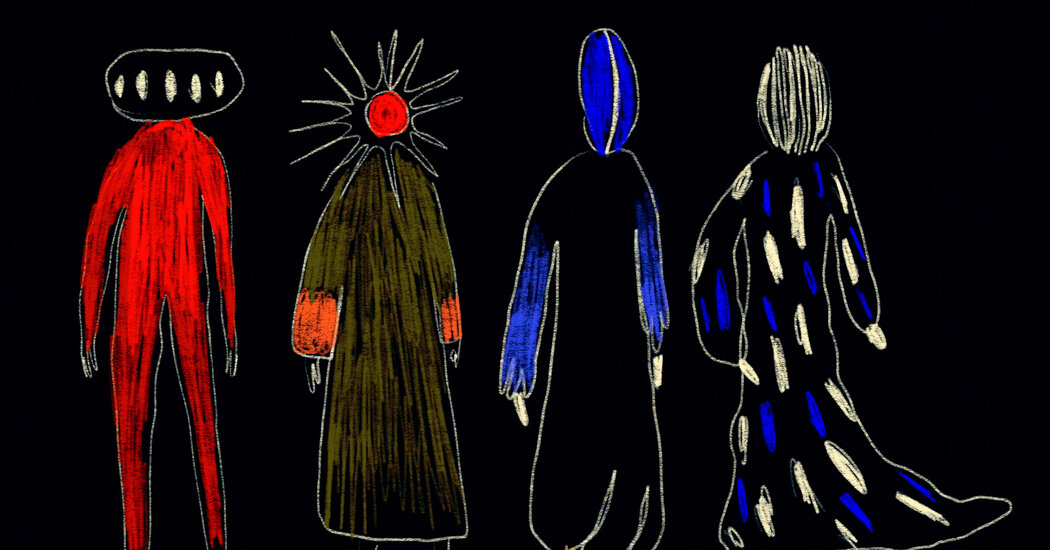All this is true, but it hardly explains why the poet Heinrich Heine found Kant more ruthlessly revolutionary than Robespierre. Nor does it explain why Kant himself said only pedants care about that kind of skepticism. Ordinary people do not fret over the reality of tables or chairs or billiard balls. They do, however, wonder if ideas like freedom and justice are merely fantasies. Kant’s main goal was to show they are not.
The point is often missed, because Kant was as bad a writer as he was a great philosopher. By the time he finishes proving the existence of the objects of ordinary experience and is ready to show how they differ from ideas of reason, the semester is nearly over. Long-windedness is not, however, the only reason his work is often misinterpreted. Consider the effects of a bad review.
Had Kant died before his 57th birthday, he’d be remembered by a few scholars for some short, early texts. He withdrew from writing them in 1770 to conceive and compose his great “Critique of Pure Reason.” After what scholars call his “silent decade,” Kant pulled the text together in six months and finally published in 1781. For a year and a half, Kant waited for responses. When one finally appeared, it was a hatchet job accusing him of being a Berkeleyan solipsist: someone who denies the existence of ordinary objects.
Any author can imagine Kant’s dismay, and most likely his rage. In haste to refute the distortion of his life’s work, Kant wrote a second edition of the “Critique of Pure Reason,” and more fatefully, the “Prolegomena.” Since the latter is much shorter than the main book, it’s read far more often, and this has skewed the interpretation of Kant’s work as a whole. If the major problem of philosophy were proving the world’s existence, then Kant surely solved it. (Richard Rorty argued that he did, and that philosophy has little more to offer.)
In fact Kant was driven by a question that still plagues us: Are ideas like freedom and justice utopian daydreams, or are they more substantial? Their reality can’t be proven like that of material objects, for those ideas make entirely different claims on us — and some people are completely impervious to their claims. Could philosophy show that acting morally, if not particularly common, is at least possible?
A stunning thought experiment answers that question in his next book, the “Critique of Practical Reason.” Kant asks us to imagine a man who says temptation overwhelms him whenever he passes “a certain house.” (The 18th century was discreet.) But if a gallows were constructed to insure the fellow would be hanged upon exiting the brothel, he’d discover he can resist temptation very well. All mortal temptations fade in the face of threats to life itself.
